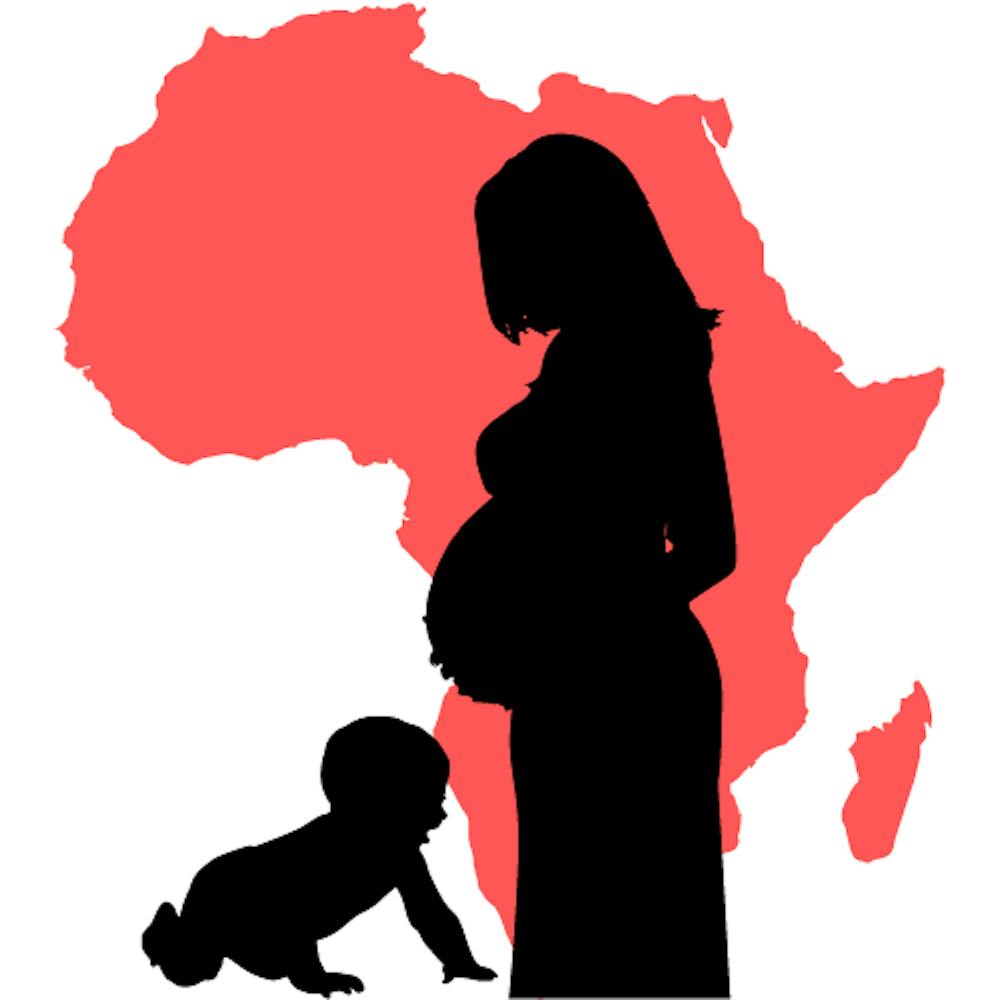Childbirth is often associated with joy, but for women, pregnancy is often a time of vulnerability. A pregnant woman or newborn dies around the world every eleven seconds. Around 810 preventable deaths occur every day from pregnancy and childbirth, according to World Health Organization data from 2017. In Sub-Saharan Africa, maternal mortality rates are almost 50 times higher for women compared to in high-income countries. In 2020, Sub-Saharan Africa had a maternal mortality rate of 302 deaths per 100,000 live births, a stark contrast to the United States’ rate of 35 deaths per 100,000 live births.
In a Spotlight Series discussion hosted by the Bloomberg School of Public Health, alum Anne Baber Wallis highlighted her research work combating maternal mortality in Sub-Saharan Africa.
“I think it’s incumbent on an enlightened world to support and defend safe motherhood as a humanitarian right,” Wallis said.
Wallis, a reproductive epidemiologist, is a University of Louisville associate professor of epidemiology and population health and director of the Master of Public Health Program in Global Maternal & Child Health.
Wallis studied European history as an undergraduate and went on to study medieval history in graduate school. When Wallis started working with public policy consulting firms, she was able to synthesize her interests.
In an interview with The News-Letter, Wallis detailed how she found her background in history helpful in building the context of issues in her work with public health.
“[I ask] where a neighborhood came from or where it’s going — or how communities have coexisted with each other and then turn to genocide; how does that happen, and why does it happen to some communities compared to others?” she said.
According to Wallis, lower maternal mortality rates in the U.S. can be attributed to vaccines, blood transfusions, contraception, improvements in technology and data collection. Wallis noted that in Sub-Saharan Africa, there is little recording of this data.
“Until we can count [the number of maternal deaths], they are essentially invisible,” Wallis said.
The majority of deaths from childbirth and pregnancy are caused by obstetric complications such as severe bleeding, infection, high blood pressure, obstructed labor and unsafe abortion; These complications are preventable with proper access to skilled care, appropriate facilities, safe abortions, basic drugs and contraception.
Wallis described the many factors that play a role in the decision to seek help during pregnancy. For women in Sub-Saharan Africa, gender-based discrimination, prior negative experiences with health care and logistical barriers can all impact the choice to seek care.
According to Wallis, maternal mortality appears at an intersection of a variety of humanitarian health issues such as war, poverty, malnutrition and education. Wallis highlighted to The News-Letter that we as a society are capable of sending satellites into space, developing new technologies and inventing vaccines, yet not everyone has access to health care or an education.
According to Wallis, education plays a central role in the fight to reduce maternal mortality. During her presentation, Wallis discussed the hesitation many women have before accepting safe and effective obstetric treatments, as it is often a matter of convincing a male figure for permission. From the surface, Wallis explained, this may reflect an issue concerning women’s rights, but upon further analysis it also reflects a clash between culture and education.
Beyond cultural barriers, Wallis discussed the barriers facilities in low-income countries are facing. She noted that many facilities do not have running water, a consistent electricity supply or basic equipment. There is a consistent demand for skilled medical professionals in low-income areas of the world; this need has been exacerbated by COVID-19.
Wallis emphasized that solving these issues is not as simple as raising awareness, starting conversations or increasing the number of educated and skilled medical professionals. Wallis highlighted the importance of foreign policy, classes in advocacy and policy change, calling politicians, invoking serious consideration from world leaders and building connections in order to facilitate tangible changes. Moreover, she noted that fostering a deep understanding of various cultures is essential in creating culturally specific programs that address these issues.
Wallis highlighted that these programs take time, cooperation and communication to be developed successfully.
“We have to slow down and understand what we’re doing — and with who — before we go and make changes,” she said.





